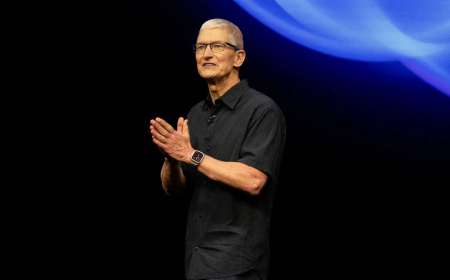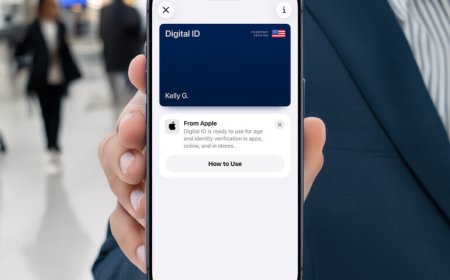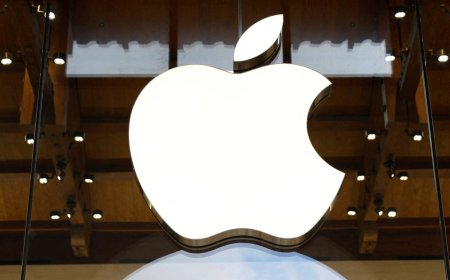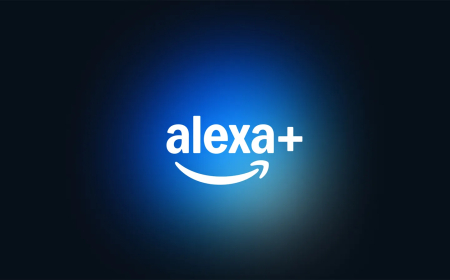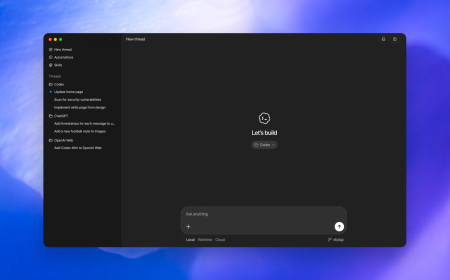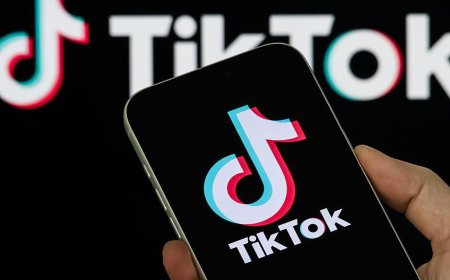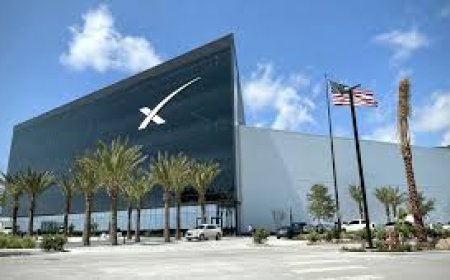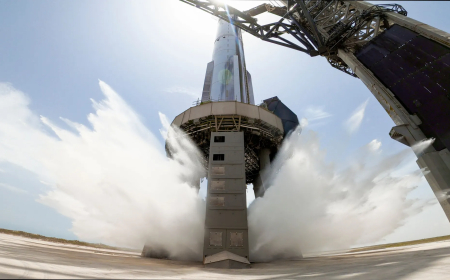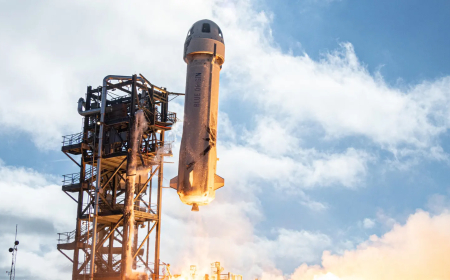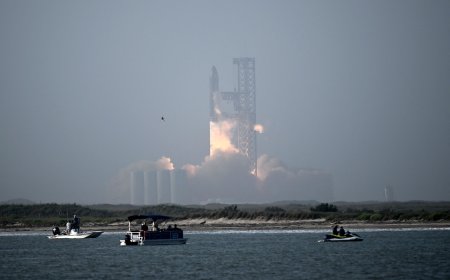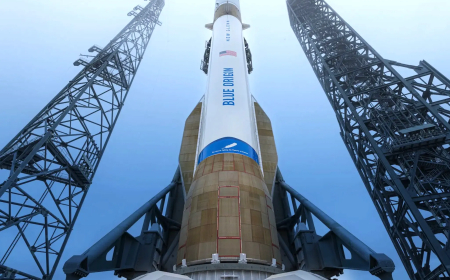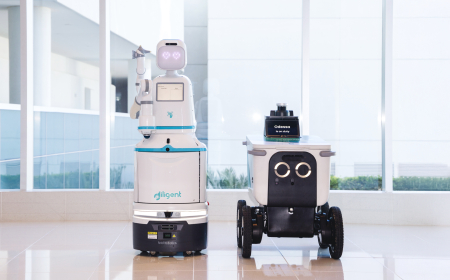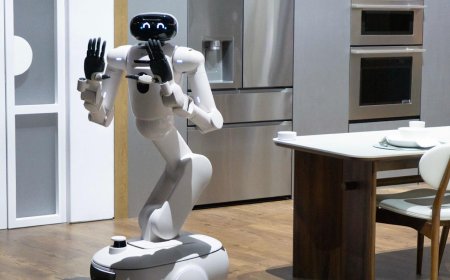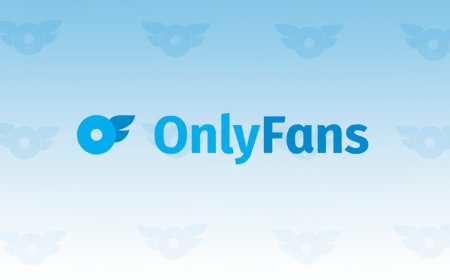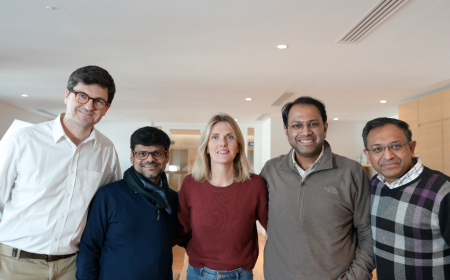Startup founders say Trump’s $100K H-1B fee is a ‘talent tariff’ that will hurt innovation
Startup founders warn Trump’s $100K H-1B visa fee will price out smaller companies, hurt innovation, and push talent abroad while Big Tech adapts.
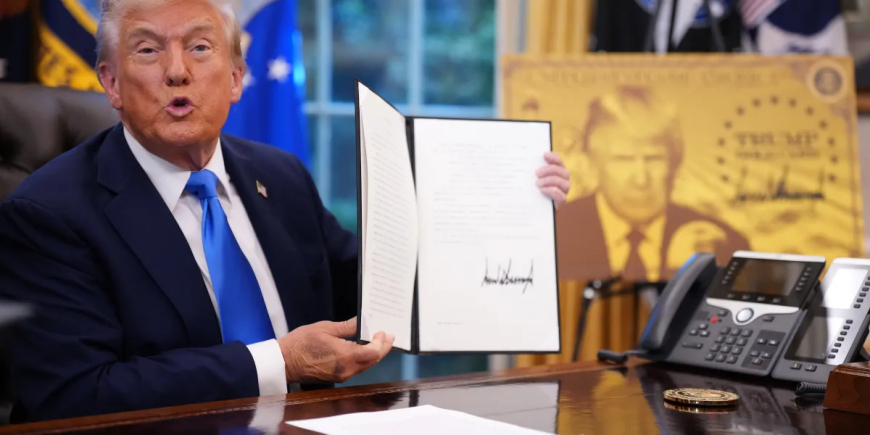
When Amr Awadallah, founder of AI startup Vectara, learned of the changes to the H-1B visa program, which raised the application fee to $100,000, his reaction was mixed. He wasn’t surprised — but he was disappointed.
“I can’t afford to pay $100,000,” Awadallah told TechCrunch. Having hired one worker on an H-1B visa, he worries that the new fee, which applies only to new applications, is too high for startups and will push them out of the international hiring market.
The H-1B visa was designed to enable companies to recruit skilled workers globally for jobs in fields such as IT and engineering. On Friday, President Donald Trump announced a fee hike, increasing the cost from the previous range of $2,000–$5,000 to $100,000 per application. Employers typically cover this cost, and the change will be felt most with the new batch of visas set for March.
Immigration has long been central to Trump’s platform. Since 2016, he has accused companies of abusing the H-1B system to replace U.S. workers. Yet critics note the program has enabled immigrants to become leaders of multibillion-dollar companies, with past holders including Google’s Sundar Pichai, Microsoft’s Satya Nadella, and Elon Musk. Unlike the O-1 visa or green card process, the H-1B has historically been more accessible and faster.
Awadallah warned that the impact will be especially harsh for smaller startups. “Big Tech can afford it, but startups will lose out. This will damage innovation in the long term.”
Could cost tech $5.5 billion annually
Currently, more than 700,000 H-1B holders reside in the U.S., alongside approximately 500,000 dependents — spouses and children — according to the advocacy group fwd.us. Indian nationals are the largest recipients, followed by applicants from China and other regions.
Each year, 85,000 new visas are issued (20,000 reserved for U.S. graduates), with demand exceeding supply, leading to a lottery system in March. Tech firms have repeatedly lobbied for higher annual limits.
Critics argue that H-1B visas sometimes displace U.S. workers with lower-paid foreign employees or trap international workers with restrictive terms that tie their status to employers.
The proposed changes also raise the minimum salary required for H-1B workers, a move framed as protecting U.S. workers’ wages. However, immigration lawyers like Sophie Alcorn note that many details remain unclear, including whether the $100,000 fee is refundable if an application is denied.
“This is forcing us to pause numerous H-1B petitions for founders,” Alcorn said. “We’re waiting for more clarity.”
Founders fear barriers to innovation.
Silicon Valley founders argue the U.S. faces a talent shortage, especially in areas like AI engineering, and the new costs may block critical hires.
Brian Sathianathan, CTO and co-founder of Iterate, recalled how his past co-founder and head of engineering were H-1B recipients. “With fees this high, that wouldn’t have been possible.”
Jeffrey Wang, co-founder of Exa.ai, added a personal perspective. His parents immigrated under H-1B visas. “I heard the news and it made me sad. People like my parents wouldn’t be able to come anymore.” He argued that immigrant contributions strengthen U.S. security and innovation.
Startups explore alternatives
Some U.S. startups are seeking exceptions under “national interest” exemptions, while others are exploring alternative visa routes. Immigration firm Casium reported a 50% increase in early-stage founders exploring O-1 visas, although these visas restrict spousal employment. Later-stage companies are considering the EB-1A visa, which allows spouses to work in the United States.
Others are shifting focus to remote work. Native Teams, which supports hiring across 85 countries, noted that one H-1B hire now equals the cost of 20 remote hires abroad. CEO Jack Thorogood said U.S. companies are increasingly outsourcing, as “it wouldn’t be more expensive to keep talent overseas anyway.”
Global markets, such as Canada, Germany, and the U.K., are positioning themselves to benefit. Oliver Kent-Braham, CEO of U.K. unicorn Marshmallow, said: “If the U.S. raises barriers, others should adapt to capture global talent.”
Canadian founder Daniel Wigdor, a professor at the University of Toronto, agreed: “Instead of competing for the best, the U.S. is testing how much companies will pay. That may play domestically, but it undermines America’s global tech leadership.”
This article has been updated to reflect the correct spelling of Casium and the proper title of Daniel Wigdor.
What's Your Reaction?
 Like
0
Like
0
 Dislike
0
Dislike
0
 Love
0
Love
0
 Funny
0
Funny
0
 Angry
0
Angry
0
 Sad
0
Sad
0
 Wow
0
Wow
0





